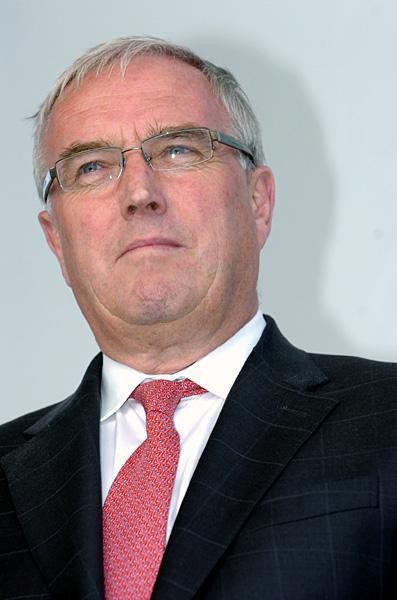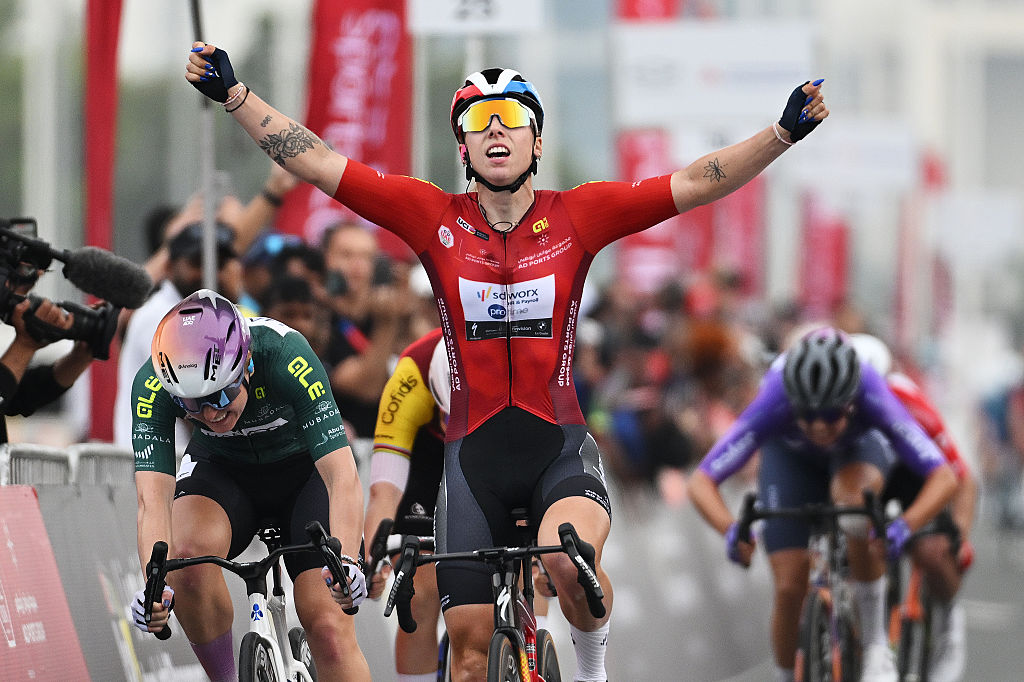UCI responds to anti-doping criticism from France
The president of the International Cycling Union (UCI) shot back at the French Anti-doping Agency...
The latest race content, interviews, features, reviews and expert buying guides, direct to your inbox!
You are now subscribed
Your newsletter sign-up was successful

The president of the International Cycling Union (UCI) shot back at the French Anti-doping Agency president Pierre Bordry on Wednesday, responding to criticism leveled against the UCI last week. Bordry doubted the UCI's effectiveness in catching dopers, and said that it was "going back in time" by not using targeted testing, the likes of which netted five positives from this year's Tour de France.
UCI president Pat McQuaid countered the Frenchman's comments, saying that his organisation did carry out targeted testing. "Where we have information which indicates a rider could be doping [strange blood results, suspect urine results, unusually good performances, missed tests or other indications] we will target him.
"We've targeted riders for extra blood tests to ensure they have a strong profile for experts to review. For example, targeting led to Emanuele Sella's positive test for CERA earlier this year."
Bordry's agency became the first in the world to implemented a test for the new blood boosting drug Mircera (CERA) when it declared Riccardo Riccò positive for the substance. When the Tour organisation made peace with the UCI and placed the responsibility for conducting controls back to the world body, Bordry refused to attend the 2009 Tour route presentation and claimed that the UCI would run an inferior program. McQuaid, who came under additional criticism last week after refusing to re-test the samples from this year's Giro d'Italia for CERA, disagreed.
McQuaid assured that his agency would be equally diligent about catching dopers. "The AFLD uses the same methods and the same labs as us, and I honestly don't think that the number of riders caught at the Tour this year would have been any different if we had been conducting anti-doping rather than the AFLD," McQuaid said.
He went on to insist that the riders who did test positive during this year's Tour – Riccardo Riccò, Stefan Schumacher, Leonardo Piepoli, and Bernard Kohl (for CERA, the latter three having been caught via blood tests), and Moises Dueñas, Manuel Beltrán (EPO) – would have been caught had the UCI been in charge.
McQuaid acknowledged the importance of the new CERA test. However, the Irishman made a point that the test would have also been available to the UCI had it been conducting the testing. "It is unwarranted and indeed unfair for the AFLD to claim victory for introducing a test which only became available immediately before the event."
The latest race content, interviews, features, reviews and expert buying guides, direct to your inbox!
